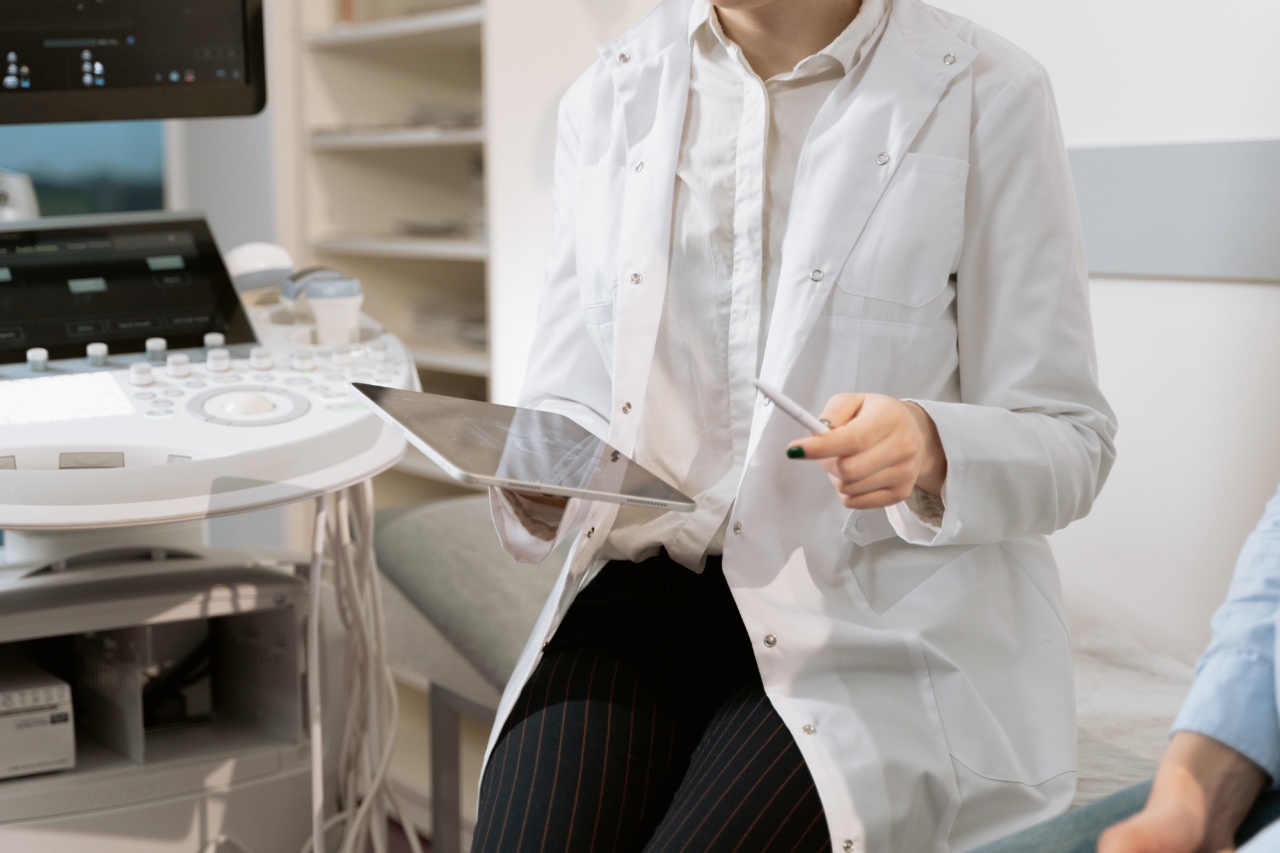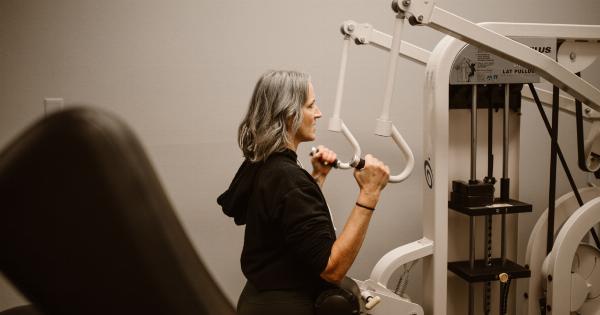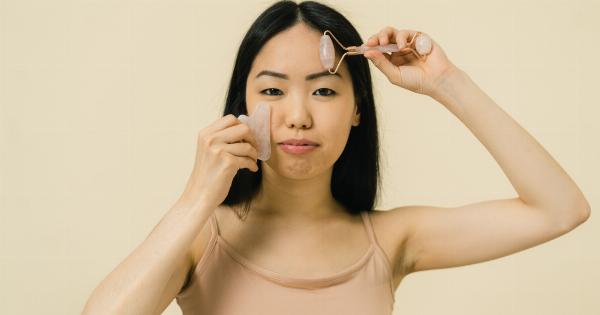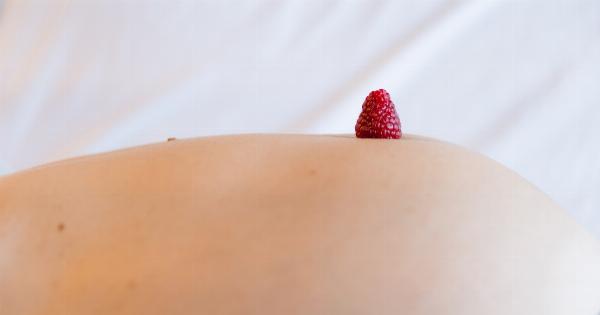Postpartum hemorrhoids are a common concern among new mothers, causing discomfort and pain during an already overwhelming time. These swollen blood vessels in the rectal area are caused by increased pressure during pregnancy and childbirth.
While they can be distressing, understanding the possible causes and implementing preventive strategies can help women avoid this condition. In this article, we will explore valuable tips from a gynecologist on how to prevent postpartum hemorrhoids.
1. Maintain a Healthy Diet and Hydration
Eating a well-balanced diet that includes a high fiber intake is crucial in preventing postpartum hemorrhoids. Fiber softens stools, making them easier to pass.
Whole grains, fruits, vegetables, and legumes are excellent sources of fiber that can be incorporated into daily meals. Additionally, drinking an adequate amount of water helps maintain hydration and prevents constipation, reducing the risk of developing hemorrhoids.
2. Exercise Regularly
Engaging in regular physical activity not only promotes overall well-being but can also prevent postpartum hemorrhoids. Exercise stimulates the muscles in the intestines, aiding in bowel movements and preventing constipation.
However, it is advisable to consult with a healthcare professional regarding appropriate exercises during the postpartum period, taking into account individual circumstances and recovery progress.
3. Avoid Straining During Bowel Movements
Straining during bowel movements can worsen existing hemorrhoids or even lead to their development. To avoid putting excessive pressure on the rectal area, it is important to establish healthy bowel habits.
This can be achieved by not delaying or resisting the urge to have a bowel movement, as well as adopting a relaxed posture during defecation.
4. Use Gentle and Hygienic Toilet Practices
Proper toilet practices can play a significant role in preventing postpartum hemorrhoids. Avoiding excessive wiping or using rough toilet paper can help minimize irritation in the rectal area.
Instead, opt for soft, unscented wipes or rinse with water using a gentle cleanser. It is also essential to maintain good hygiene by keeping the anal area clean and dry throughout the day.
5. Consider Over-the-Counter Remedies
Over-the-counter treatments such as creams, ointments, or suppositories can provide relief from the discomfort of postpartum hemorrhoids.
Topical medications containing ingredients like witch hazel or hydrocortisone can help decrease itching and inflammation. However, it is advisable to consult with a healthcare provider before using these remedies, especially during the breastfeeding period.
6. Utilize Cold Compresses
Applying cold compresses to the affected area can help alleviate swelling and provide temporary relief. Placing ice packs or cold pads wrapped in a clean cloth against the hemorrhoids for about 10-15 minutes can help reduce inflammation and discomfort.
However, it is important not to apply ice directly to the skin to prevent frostbite or further irritation.
7. Try Sitz Baths
Sitz baths involve sitting in a specially designed basin filled with warm water to provide relief to the perineal area. This technique can be particularly beneficial for postpartum mothers.
The warm water helps improve blood flow to the area, reducing swelling and promoting healing. Sitz baths can be taken several times a day for about 10-15 minutes to alleviate discomfort.
8. Consider Kegel Exercises
Kegel exercises primarily strengthen the pelvic floor muscles, but they can also aid in preventing hemorrhoids. Regularly performing Kegel exercises helps improve blood circulation in the rectal area and reduces the risk of developing hemorrhoids.
Consult with a healthcare professional for guidance on proper Kegel exercise techniques and frequency.
9. Opt for Loose and Comfortable Clothing
Wearing loose clothing made from breathable fabrics can help prevent postpartum hemorrhoids. Tight clothing, especially around the waist or rectal area, can exacerbate existing hemorrhoids and impede the healing process.
Choosing comfortable underwear and avoiding synthetic materials can also promote better air circulation and reduce moisture buildup.
10. Attend Regular Postpartum Check-ups
Regular postpartum check-ups with a healthcare provider are essential for ensuring overall well-being and addressing any concerns, including postpartum hemorrhoids.
These check-ups allow healthcare professionals to provide individualized advice, monitor healing progress, and recommend appropriate treatment options if necessary. Open communication with a healthcare provider is vital for new mothers to receive the best possible care.
By following these tips from a gynecologist, new mothers can minimize the risk of developing postpartum hemorrhoids and focus on enjoying their new role and precious time with their baby.
Remember, prevention is always better than cure, so implementing preventive measures should be a priority before postpartum discomfort arises.




























